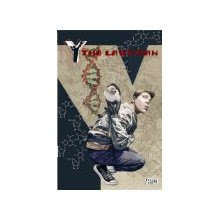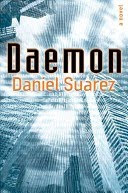Ah, another book that I never would have chosen for myself but ended up loving. There have been a lot of those lately. I must be really bad at picking books for myself. I'm glad other people are apparently good at doing it for me.
This book is about Dinah, the daughter of Jacob. You know. Jacob. From the Bible. Duh. You hear a lot about Jacob's 12 sons, especially Joseph, but you don't hear much about his daughter. I had myself a bit of a refresher course (been a long time since confirmation classes...) and read a few books in Genesis. Genesis 34 tells a very brief portion of Dinah's story. I read this after I read the book, and I'm glad I did, because it's a bit of a spoiler. It's way better if you don't remember what happened. Anyway, the Bible doesn't ever say exactly what happened to Dinah.
That's where Anita Diamant steps in. The book is separated into three sections, the first of which focuses on her mothers stories -- she was raised not only by her mother, Leah, but also by her aunts (Jacob's other wives). Then, she begins to tell her own story. It's written beautifully, and it certainly holds on the tone of Biblical stories without being difficult to read. The entire book focuses on women, whether it's Dinah herself or her mothers or the women that she helps in her role as a midwife. The title The Red Tent refers to the tent where women gathered during menstruation and childbirth. They were separated from the men and thus developed an entirely different bond and way of life inside the tent, which and environment that Dinah loves and often longs for later in life. Again, with so much emphasis placed on Jacob's sons, it's nice to read a story that imagines what Dinah's life may have been like. It's a great idea for a book, and Diamant executes it brilliantly.
By the way, the author page of this book lists other books by Anita Diamant: Choosing a Jewish Life, The New Jewish Baby Book, The New Jewish Wedding, Living a Jewish Life. Hm. She must be a Muslim. Anyway, I don't know why she hasn't written more novels -- she's very good at it. Although the book is based on a Biblical story, it certainly isn't a religious book. I'm fairly certain that most women could find a lot about this book that they love.
Read from May 21, 2010 to May 27, 2010
4/5 stars
-- C




